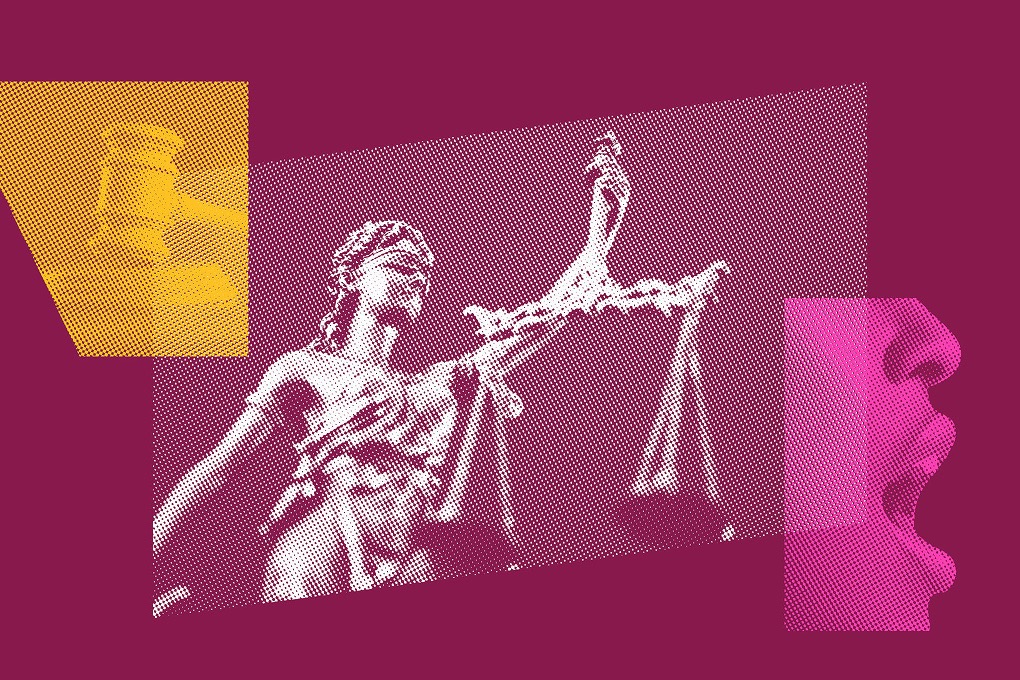
This week, Northwestern and the University of Michigan law schools released a National Registry of Exonerations, a new database chronicling the ever-growing number of exonerees from our nation’s criminal justice system. The database includes over 2,000 people who spent time – sometimes decades – in prison after being wrongfully convicted of serious crimes. This includes over 100 wrongfully convicted of capital murder – which means they were awaiting execution before their sentences were reversed. The Death Penalty information Center, which tracks information about the death penalty, has documented 140 cases where inmates were released from death row with evidence of their innocence.
As astounding as the numbers in the database are, the list of the innocent is likely far longer than what is documented in this valuable resource - and not all of them were exonerated in time. Troy Davis, an African-American man in Georgia, Carlos DeLuna, a Latino man in Texas, and Cameron Todd Willingham, a white man in Texas, were all executed despite compelling evidence of innocence. The judicial system failed these men twice: it failed them first by convicting them of crimes of which they were likely innocent, and it failed them again by denying them meaningful opportunities to prove their innocence, in time to save their lives.
The National Registry of Exonerations compiles explanations across cases, helping shed light on just how these wrongful convictions happen. The explanations are themselves deeply troubling: false accusations or perjury played a role in a full half of the cases (51%); official misconduct contributed to a large percentage of the wrongful convictions (42%); and junk science or false or misleading evidence played a role in almost a quarter of the cases (24%). Although the ACLU Capital Punishment Project, along with many others, continue to push for important reforms in the area of junk science, it is hard to be optimistic that the problems of perjury or police misconduct will ever fully be untangled from the criminal justice system. Ending the death penalty will not solve these problems - but it will make sure that no one else pays for these flaws with his or her life.
Learn more about the death penalty: Sign up for breaking news alerts, follow us on Twitter, and like us on Facebook.


